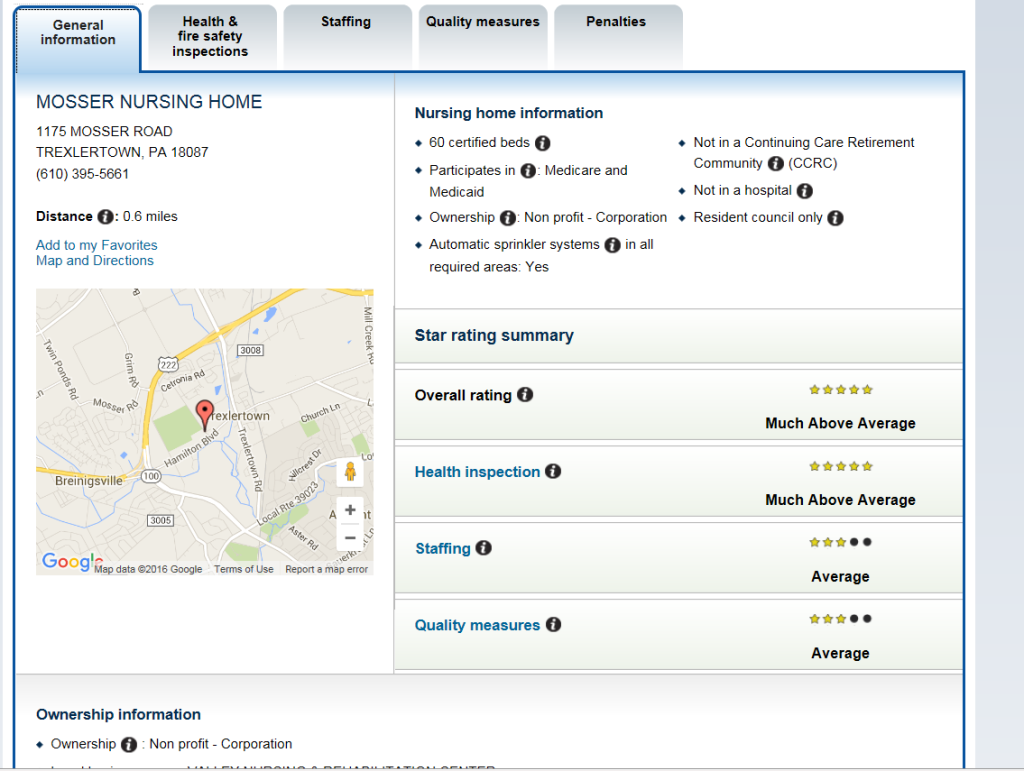Christine Stone, RN
Mental health problems are should NOT be an expected part of getting older. Think about the stereotypes – the sad nursing home resident, the anxious little old lady, the feisty old man. There is nothing about being older that guarantees mental health problems or memory loss. But we’ve been “conditioned” to believe poor mental health is an inevitable part of aging.
The diagnoses of depression and dementia have become the new “normal” – a regular part of growing old. When we view depression as normal, we tend to overlook its symptoms – it becomes something to be endured, tolerated, or untreatable – which is completely wrong. In addition to Alzheimer’s Dementia, there are over 10 known types of dementia, some of which are treatable or even reversible. For this article, we’ll focus on depression and delirium – both of which are completely treatable.
The Centers for Disease Control (CDC) identify depression as a real and treatable medical condition, not a normal part of aging. Older people who are depressed are often misdiagnosed and inadequately treated. It has been suggested that as many as 6.5 percent out of 35 million older Americans are depressed. That’s 1 in 5 seniors living with this treatable condition. So, whether they’re living in a nursing home or in the community, depression is not normal.
Depression in seniors can occur when chronic illnesses create distressing symptoms such as pain, fatigue, and memory loss. Inadequate treatment of these symptoms can lead to depression. Generational beliefs that depression is “taboo” make many seniors reluctant to report feelings of depression to health care practitioners.
Is it depression or delirium?
Infections, acute illnesses and/or physical injury can cause sudden and usually reversible changes in a person’s mental status. The otherwise alert and oriented person becomes confused – doesn’t recognize family or close friends, doesn’t know where they are, sees or hears things that aren’t there. The person experiencing these symptoms is usually completely unaware of their confusion or irrational behavior. This is delirium – and it usually resolves when the infection or injury is adequately treated.
Onset of the symptoms of depression can be very subtle, and may not be noticed in the day to day routines. Often, it isn’t until depression is quite severe that it is realized how impaired or isolated the elderly person has become. Things that used to bring pleasure are neglected or avoided, or there are changes in appetite, weight and sleep patterns. There might be feelings of helplessness or hopelessness. Sometimes depression is “situational” – related to a loss or an acute illness – is considered normal and will resolve with appropriate treatment (talk-therapy). When the symptoms last longer than 6 months, or impact daily life – it’s time to talk with your doctor. Medication therapy alone, or in combination with psychotherapy, are extremely effective treatments for depression. Your doctor may also order some routine lab tests to make sure there is no medical reason for your depression.
If you think you or your loved one might have depression – call your doctor. Once a diagnosis is made and treatment has started, improvement can be seen in as little as two weeks. Isn’t that worth feeling better and the improvement in the quality of life?





